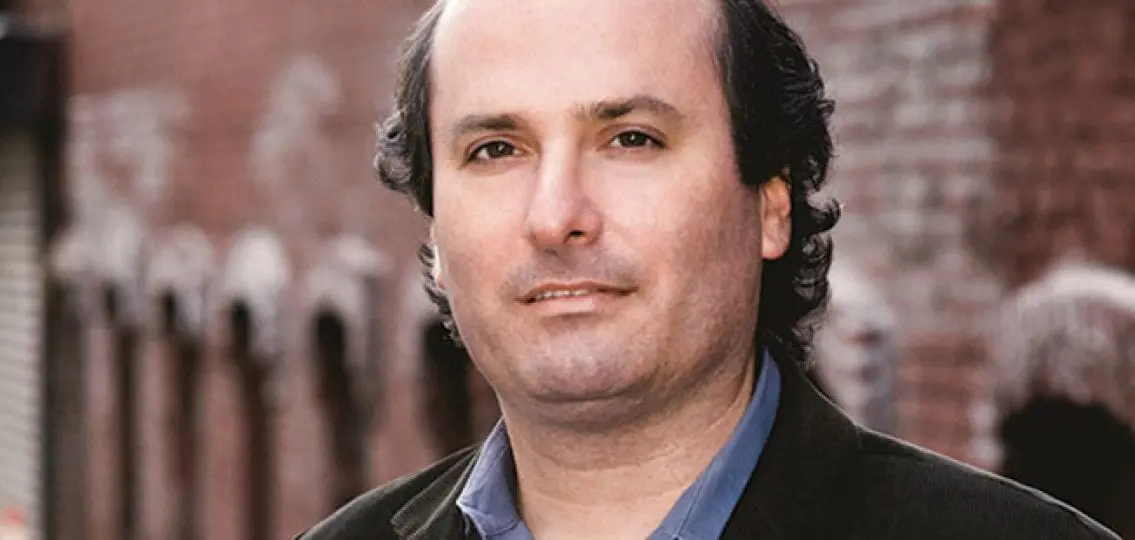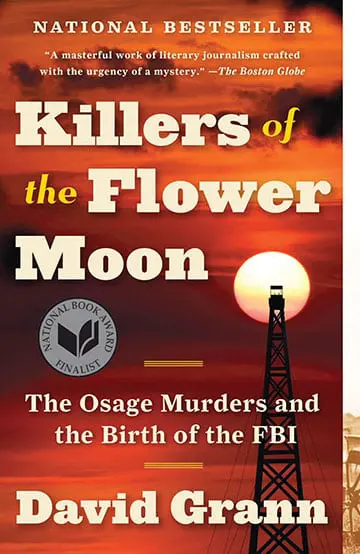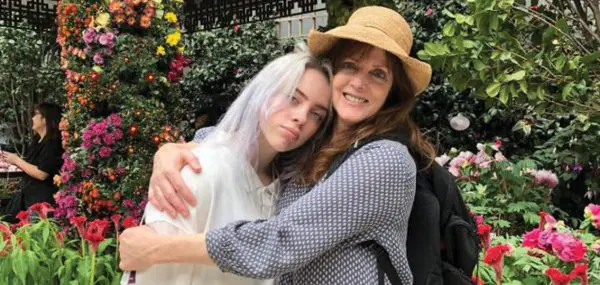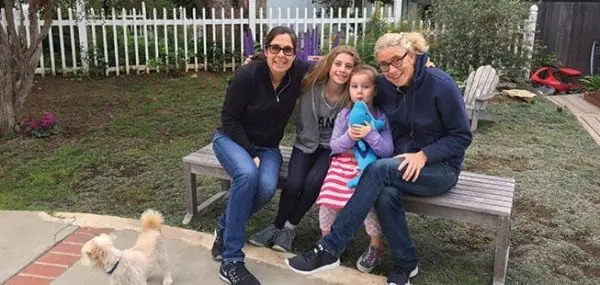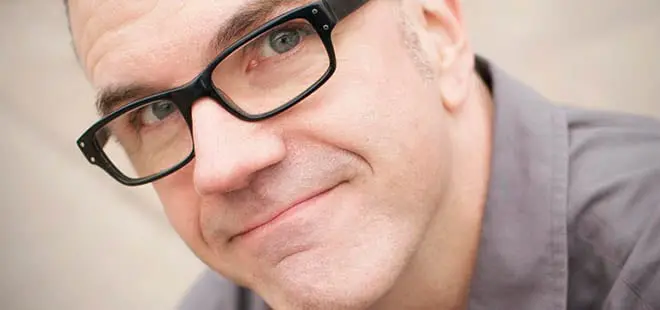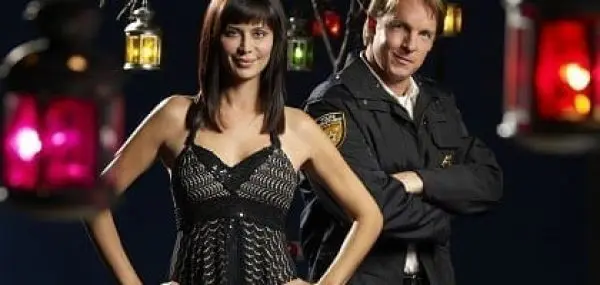David Grann, a staff writer at The New Yorker, is known for his bestselling nonfiction works of adventure and intrigue, including Killers of the Flower Moon: The Osage Murders and the Birth of the FBI. We got the scoop on a different kind of adventure: Grann’s life parenting his kids, Zach, 14, and Ella, 11.
Q: As a parent of a tween and a fairly early teen, what is the most interesting issue you are dealing with right now?
Grann: Like most parents raising kids today, one of the challenges is dealing with social media and devices and trying to separate our kids from them so they do other things. My kids are pretty good about it, but that’s one challenge that didn’t exist when I was growing up.
It is easy to focus on the challenges, but so far I find these ages to be kind of wonderful. They are independent, and they have their own curiosities and obsessions and interests. You can talk to them about fairly sophisticated subject matters such as politics. I find that incredibly refreshing.
Author David Grann
Q: Your mom [Phyllis Grann] was a high-profile publisher. Now that you have your own kids and a busy career, what do you take away from how she balanced work and parenting?
Grann: It’s interesting. My mom was a working mom at a time when it was a little less common, at least in the community where I lived and grew up. She would commute into the city, and it was a long commute. And she would race to be home for dinner. Only when I was older did I realize she probably did three hours of commute time with a full-time high-pressure job.
You don’t appreciate it when you are young. Then you have children and you think, How did she do that? My wife is in some ways similar. She is very successful. She runs a documentary production company. Every day, she commutes into the city and somehow manages to do all these things. Now that I am older I can really appreciate the challenge of that.
Q: And how have you been able to balance your own busy schedule with parenting?
Grann: I used to go into the office, and now I work from home. That has really been a blessing because I obviously work a lot and don’t have regular hours. I work late or odd hours and travel a lot, so being at home allows me to have time with my kids. I have these wonderful moments when they come home from school and I hear about their day and how they are doing with their homework.
Q: Do they come to you for help with their homework? Do they ask you to proofread their essays?
Grann: Certainly, with writing they do. At this age, I really just try to be encouraging. I think at this age editorial guidance is less important that encouragement.
They do come to me for math help, too, and I am totally helpless. They have already surpassed me in algebra and geometry. I tell them to ask their mom because I can’t count past a hundred.
Q: Are there books that you think are important that your children read and that all American children read?
Grann: My general thought is to read widely and to incorporate a love for reading. I say that because children’s tastes will change, and they will find different books that relate to them. But learning to love to read, I think, is the most important thing because it gives you a skill you can take anywhere.
When I was younger, I wasn’t a voracious reader. The process began for me when I discovered The Outsiders and other S.E. Hinton novels. They were just incredibly gripping, and they were the first books where I found myself hiding in my room with the light off—when my parents closed the door, I would keep reading. Sort of my first act of rebellion. Then I went on to all these other books, like To Kill a Mockingbird.
My mom actually stressed this, and I thought it was smart: She said to just read—you don’t need to necessarily be reading Dickens at age 10.
Q: So you’re not too concerned with the content they’re reading?
Grann: Yeah, read what you like. I don’t think it matters so much. If a child loves graphic novels or comic books, whatever it is that is turning them on to read and turning on their imagination. I know a lot of people have kids who aren’t big readers but they love baseball. So get them young biographies of Jackie Robinson. There are all sorts of entry points into literature.
But then I think it is very important as they get older to read subject matter that will open their eyes to realms and people. Sometimes people are going through things they understand, and sometimes people are going through things they really can’t fathom because they are growing up halfway around the world in a war-torn area or battling racism. So, I think both fiction and non-fiction are really important. They teach you the power to begin to perceive the world through the lives of others.
